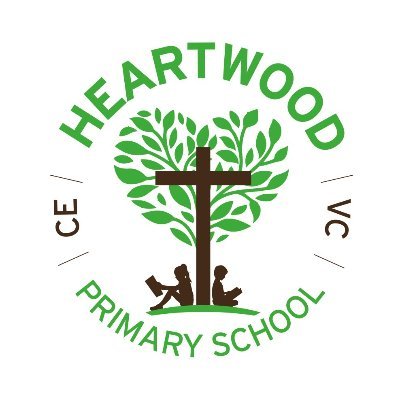Religious Education
"Schooling deprived of religious insights is wretched education," Russell Kirk
The aims and objectives of Religious Education are in line with the Norfolk Agreed Syllabus and enable children :
● To know about and understand a range of religious and non-religious worldviews by learning to see these through theological, philosophical and human/social science lenses.
● To express ideas and insights about the nature, significance and impact of religious and non-religious worldviews through a multidisciplinary approach.
● To gain and deploy skills rooted in theology, philosophy and the human/social sciences, engaging critically with religious and non-religious worldviews.
Intent
At Heartwood, we believe that the purpose of RE is about religious literacy and aim to help pupils hold balanced and well-informed conversations about religion and belief. Consequently, RE intends to promote religious understanding and respect and to challenge prejudice, discrimination and stereotyping.
Implementation
RE is taught as a multi-disciplinary subject allowing for children to view different ideas and religions ‘through a particular lens’. These disciplines include theology, philosophy and the human/social sciences.
At Heartwood our Nursery and Reception classrooms thrive on excitement, curiosity and discovery, where language and communication are the foundations of play and adventure. Through the overt modelling and teaching of early philosophical skills, including thinking and talking, playing and storytelling, we provide children with the tools for genuine enquiry, equipping them for both now and the future learning.
The key skills we model, teach and the children learn and nurture from the beginning of EYFS are
- Engagement with philosophical questions at their level. e.g., Should I share the cake?
- Speaking skills e.g., explaining their own ideas
- Listening skills e.g., responding relevantly to what other children say
- Reasoning skills
To support our children we use question stems, such as ‘can you tell me why?’, ‘What do you think about…?’, ‘I really like…idea. What do you think?’
Three RE units are explored in EYFS and five units are taught in KS1 and KS2. Each unit is centred around a ‘Big Question’ and in KS1 and KS2 follows the enquiry process of engage, enquire, explore, evaluate, express.
Work is recorded in RE Floor books and individual learning journeys and Express books in Years 2 – 6, and can be evidenced against the Age-Related Expectations for RE through written pieces, artwork, photos etc.
As a Church School, we ensure that at least 51% of the RE curriculum taught is Christianity, but often more than this. The demographic of our school shows that many of our community have no religious beliefs and therefore we teach Humanism as a reference to living a good life with human values at the centre.
Impact
Through our intent and then the implementation throughout the whole primary phase, all pupils in our school are educated to develop spiritually, academically, emotionally and morally. This enables them to better understand themselves and others and to cope with the opportunities, challenges and responsibilities of living in a rapidly changing, multicultural world.
Enrichment in 23/24 and 24/25
We visit Norwich Cathedral for different events with different year groups. We visit Christian Churches of different denominations. We have days for children to explore concepts in more detail: creation, salvation and incarnation. We believe that our children at Heartwood learn best through first hand experiences and we encourage visitors and visit throughout the year and also include Godly play.
We have a strong partnership with St. Peter and St. Paul’s Church and have created an annual enrichment timetable.
Parents/carers have the right to withdraw their children from R.E. Please see the guidance below.
